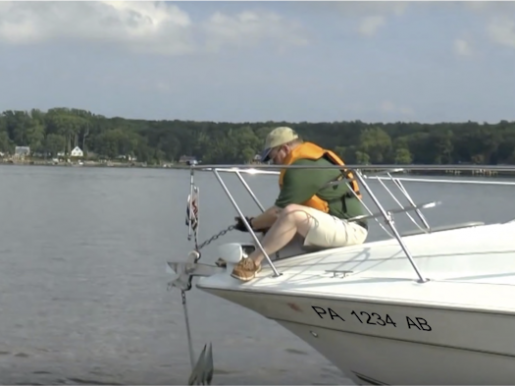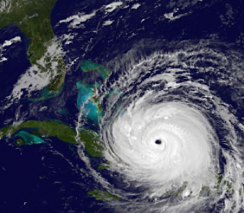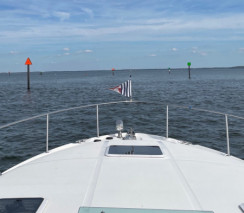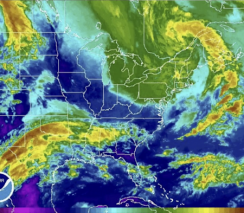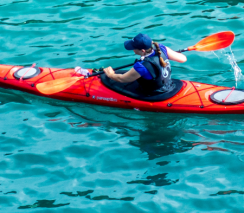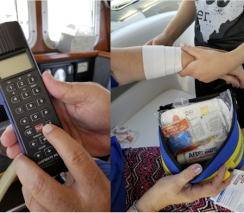Anchoring with Assurance: Don't Get Carried Away − Seminar
$34.95
Anchoring with Assurance is offered as a seminar and as part of the Boat Handling course.
Anchoring is the skill of securing your vessel to the bottom through the use of line, chain, and one or more anchors. Whether it's for fishing, swimming, a lunch break, or an overnight stop, one of the real pleasures in boating is "hanging on the hook" in some quiet spot. Emergencies such as loss of power, equipment breakdown or failure, or weather hazard may also require that your boat be anchored for a time.
Good seamanship demands that all boaters know how to anchor safely. Our anchoring topics begin with how to select an anchorage and how to anchor depending on conditions. After learning how anchors should be used, you will know if yours are satisfactory or - if you don't already have equipment - what kind(s) to buy. The seminar covers useful anchoring tips and tricks and concludes by discussing how to moor and raft safely. Also included is how to use and tie the two knots most often used when anchoring: the anchor bend and the figure-eight knot.
This self-study seminar consists of a comprehensive 38-page PDF Student Guide and a fully narrated online learning module which present like classroom PowerPoint presentations but give the student total control of the pace and sequence of the slides.
Ask your local squadron about on-the-water coaching to help you practice your skills with assurance, so you don't get carried away.
Boat Operator Certificate
This seminar is required for the Boat Operator Certification level of Coastal Navigator (CN). If the course Boat Handling has been completed online, this seminar is considered complete.
